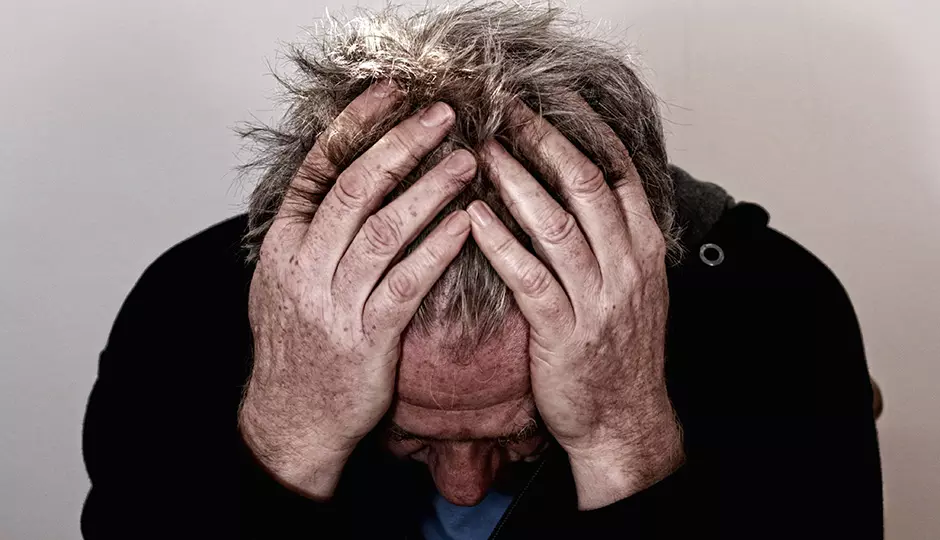A woman's hair is one of her most defining assets. Whether she has straight hair or curly, blonde or brown, thick or thin, a woman's hair is an important part of her overall appearance.
But by the time they reach 40, over 40% of women will experience some level of hair loss. For some, the hair loss is temporary. For others, it may permanently alter the appearance or texture of their hair.
What causes hair loss in women, and how can it be treated?
Symptoms of hair loss in women
If you suspect you're experiencing hair loss, look for a few of the following signs, including:
- Overall thinning of your hair. You touch your hair daily to brush it, wash it, or just run your fingers through it. You know when your hair feels different. If you notice your hair starting to feel thinner than it used to, you might be experiencing hair loss.
- Finding more hair around the house. Have you noticed more hair left in the drain at the end of your shower? Is your hairbrush filling with hair faster than usual? Are you vacuuming up clumps of hair? Your hair seems to come out much more easily than it used to. If you're noticing more hair around your house, this may indicate hair loss.
- Thinning or bald patches in your hair. Sometimes hair loss won't occur consistently across your head. As a result, you may notice bald or thinning spots on your head.
- Hair loss throughout the body, not just the head. You may begin to notice your body hair begins to thin or stops growing back in.
- A red, itchy, or flaky scalp can also accompany hair loss in women, depending on the cause.
If you're experiencing one or more of these symptoms, it could be a sign of hair loss that indicates an underlying medical condition or hormonal change. In most cases, however, treatment options exist once the cause of hair loss is determined.
Does testosterone cause hair loss for women?
For men, one of the common contributors to hair loss is a change in testosterone levels as they age. But is this the case for women, too?
In some cases, yes.
DHT, or dihydrotestosterone, which derives from testosterone, the male sex hormone, is often the cause of hair loss in both men and women.
Testosterone can convert to DHT, which shrinks and kills hair follicles, leading to hair loss. As these follicles become weaker or die, they do not regrow the same as they once were. In some cases, hair may become thinner, while in others, it may not regrow at all.
Because hormones are cyclical, testosterone levels in women can fluctuate, often falling later in life. These fluctuations may prove temporary, and it's possible that a women's elevated testosterone levels may fall again, or vice versa.
Hair loss due to elevated testosterone and DHT is usually less common in women than men, simply because women have less testosterone than men, but this does not always leave women unaffected.
Other causes of hair loss in women
Although elevated testosterone can certainly prove a contributor to female hair loss, it's not necessarily the only factor.
Other reasons women may experience hair loss can include:
- Stress. If you're experiencing a time of heightened stress or anxiety in life, or you have recently experienced such a time, like a loss of a loved one or a job, it's possible that you may experience hair loss as a response to these stressful situations.
- Elevated estrogen. While too much testosterone may cause hair loss, too much estrogen may also lead to the condition. Elevated estrogen in our system can lead to a number of symptoms, including weight gain and hair loss.
- Thyroid imbalance. Just as with elevated estrogen, a low thyroid can also cause a number of reactions in women's bodies, including weight gain and hair loss.
- Iron deficiency. Low iron levels have been known to contribute to hair loss in women.
- Medications. Because medications can have such a profound impact on our body, they can also contribute to temporary hair loss. If you're experiencing sudden and noticeable hair loss, consider whether you take or have recently taken any new medication.
Exploring your treatment options
If you're experiencing hair loss, it is best to consult a healthcare professional to help identify the cause of your hair loss so they can determine an appropriate course of treatment.
While some conditions may require medication, others respond well to treatments including hair loss therapy, synthetic hair solutions, hair grafts, and even topical thickening and regrowth products, depending on the extent of your hair loss.
If you're a woman experiencing hair loss, you're not alone. Contact us at New Image Hair Clinic today to explore our range of hair loss solutions.



